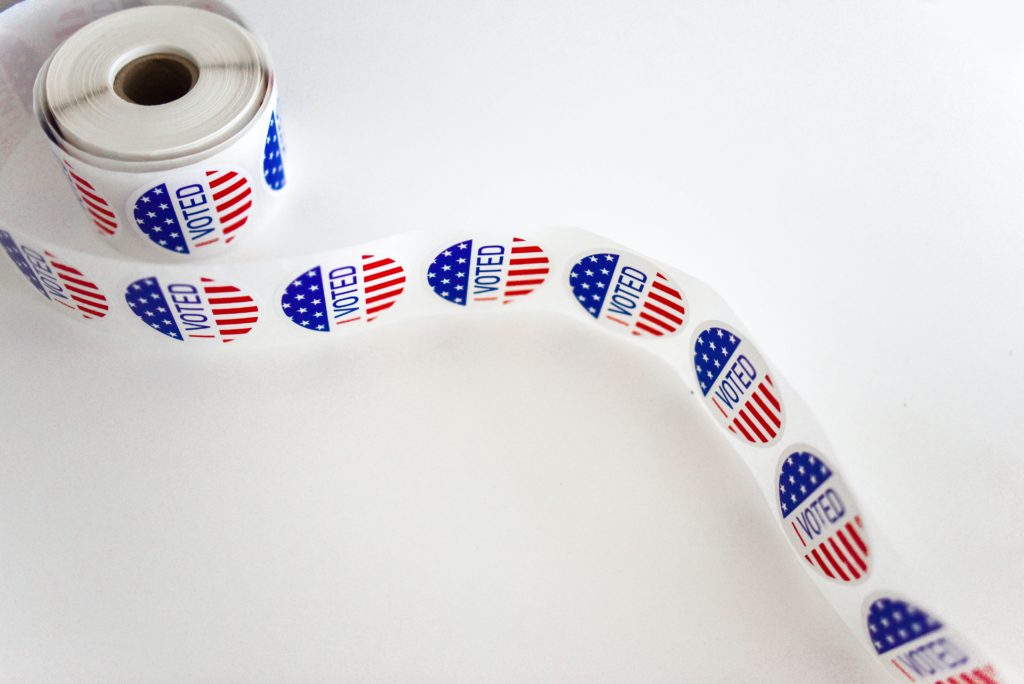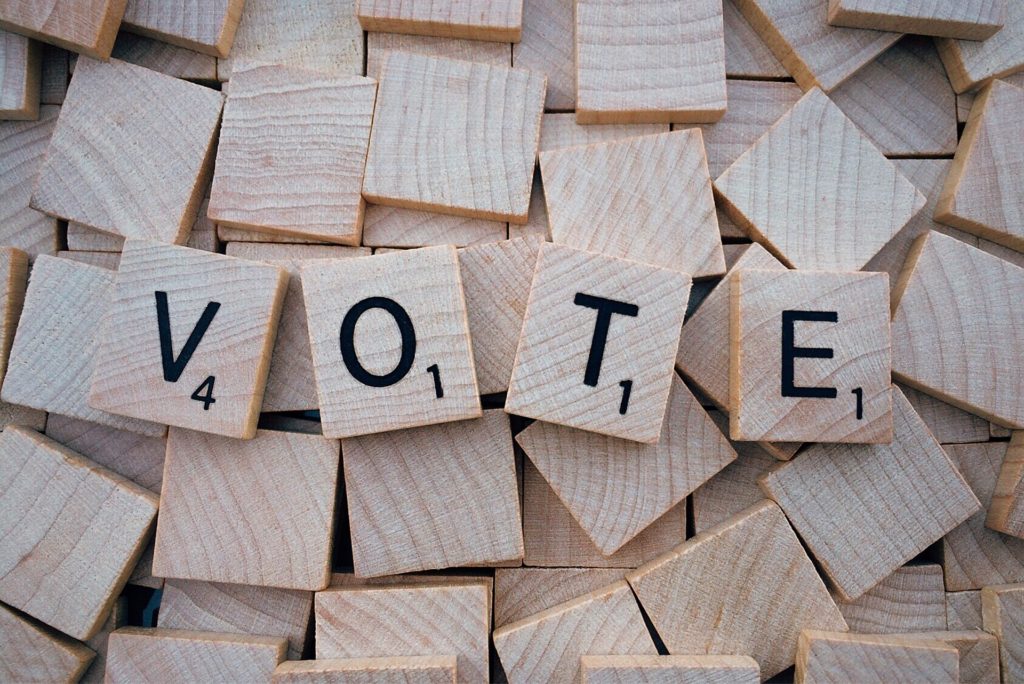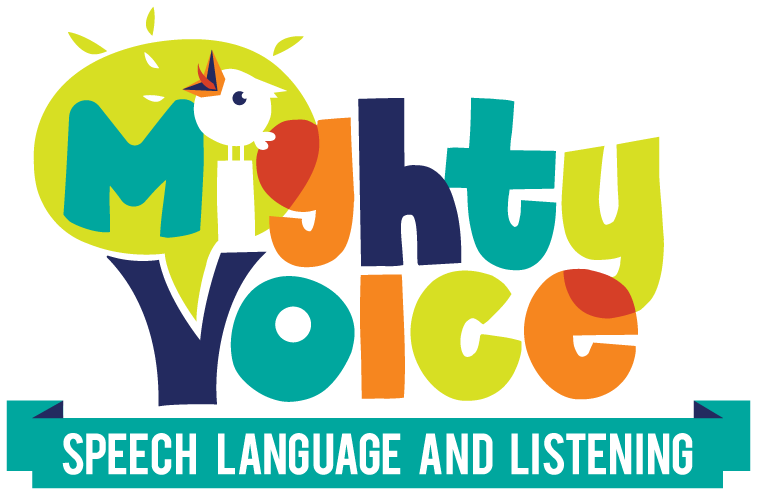Every November, my favorite day rolls around–voting and election day! I love it for lots of reasons–the excitement, the communal feeling of going to the polls with my neighbors, and maybe most of all knowing that my voice will be heard.
When we think about teaching our kids about voting, I think some teachers and therapists shy away from it. No one wants to get into political discussions at school, and so sometimes we avoid it. But, hear me out, there are some many great reasons to teach our kids about elections and voting.

We Want Our Kids to Know What’s Going On Around Them
When you work with students with speech, language, and hearing challenges, you know that they often are missing out on conversations and discussions around them because they don’t understand what’s being said. And how often during election season are our kids left feeling confused, wondering what all these words and terms mean? When they hear their parents talking about “candidates,” or hear someone on TV mention “going to the polls,” does it sound like a foreign language to them? If we prep them with that vocabulary, they can feel like they’re part of the current events going on, instead of on the outside.
It’s a Rich Vocabulary Experience
When we teach kids what voting and election vocabulary, not only does it help them feel included, but it’s also rich vocabulary they can use throughout their lives. And if we teach it when elections are already going on, they have a built in context. When student council elections happen in the future, they’ll know what voting and elections are. When they’re asked to choose whether they’d like to have a class popcorn party or a movie, they’ll understand what voting is and why they’re being handed a ballot.

We Can Address Standards While We Address Speech, Language and Hearing Targets
Who doesn’t love killing 2 birds with one stone? Teaching election and voting vocabulary in speech therapy ensures we meet our vocabulary, language, listening and other goals, and we can support social studies, civics, and current events goals at the same time. And, if you loop in the content area or classroom teacher on what you’re doing, you might be able to earn some goodwill with them, knowing you’re both working toward the same goals.
Resources to Help You Teach about Voting and Elections
There are plenty of resources to help you teach your students about voting and elections. First, check with your civics or social studies teachers. They might have already made resources for you to use. PBS Kids also has a great website to help you navigate some of the content around voting. If you’re looking for resources to teach about voting and election vocabulary, check out my voting vocabulary resource, and this interactive Boom Deck about voting and election vocabulary.
And don’t forget, get out there and vote!
